hotline:020-29026320 |13903018415
-
-
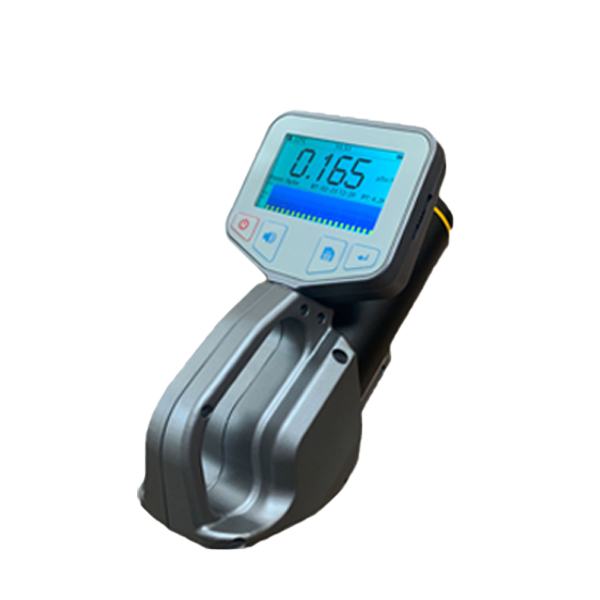
Radiation detection instrumentation
-
HYGP-2223 exposure type X, γ radiation measuring instrument
-
HYGP-2223BX, gamma dose rate meter (with tripod)
-
FI-329M intelligent household nuclear radiation detector
-
HY-2000M digital multi-channel gamma spectrometer
显示更多 -
-
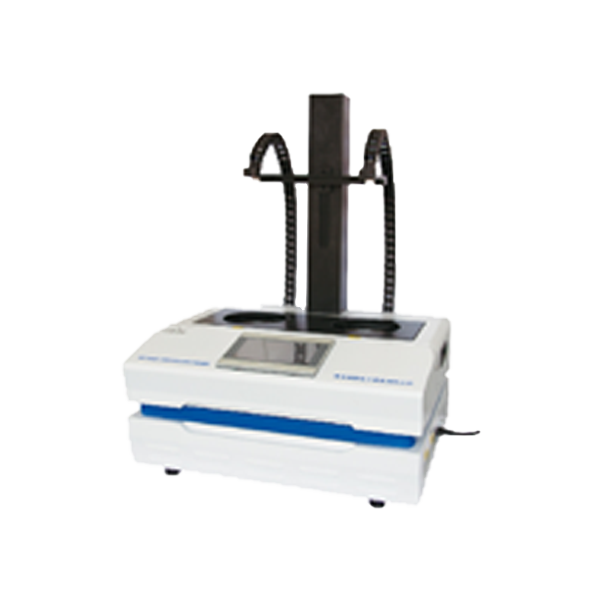
Laboratory Equipment
-
Radioactive distillation apparatus in water
-
2200Q portable turbidity meter
-
SPE Solid Phase Extraction Device
-
Portable spectrophotometer
显示更多 -
-
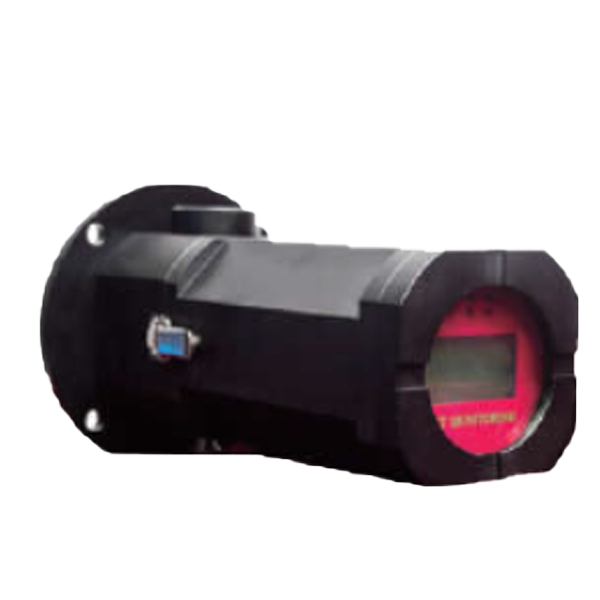
Portable environmental monitoring equipment
-
VOCs gas analyzer
-
Portable handheld VOC detector
-
Portable all-in-one multi-parameter analyzer
-
Dust detector
显示更多 -
-
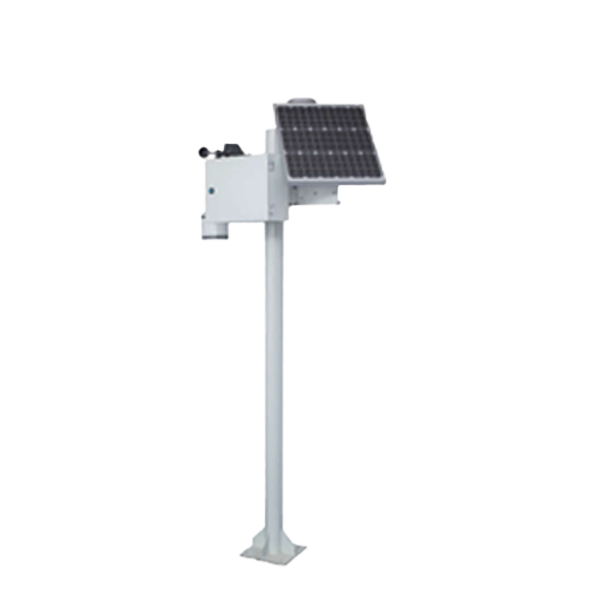
Environmental online monitoring system
-
CM-WG8200 grid air quality detection system
-
On-line monitoring system for CM-VOCs-5000 volatile organic compounds
显示更多 -
-
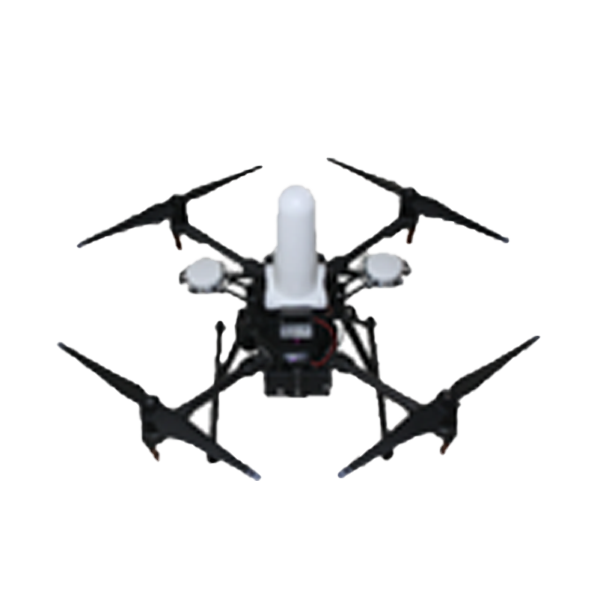
UAV Online Environmental Monitoring
-
OS-2 UAV Electromagnetic Environment Monitoring System
-
Nuclear emergency radioactive source search UAV
-
UAV Monitoring System
显示更多 -
-
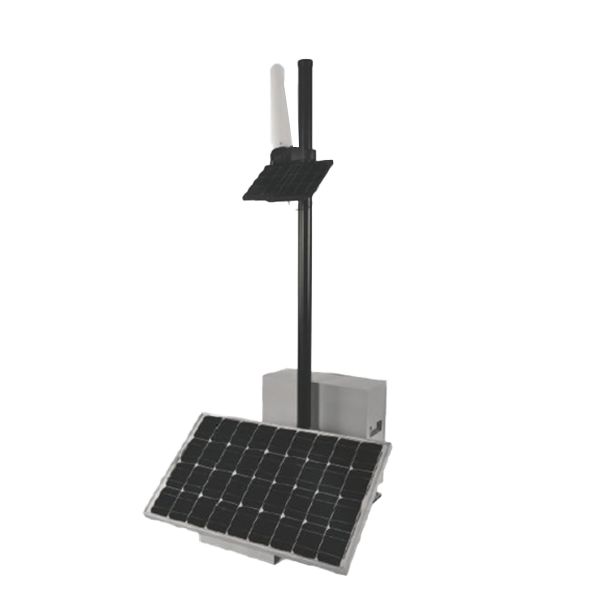
On-line Monitoring System of Electromagnetic Radiation
-
On-line Monitoring System of Electromagnetic Radiation
-
Automatic Monitoring System of HYEH460 Electromagnetic Radiation
-
HY-900A launch type radiation environment automatic monitoring station
-
OS-8 S Frequency Selective Electromagnetic Environment Online Monitoring System
显示更多 -
-
Exploring the Applications of Radiation Detection Instrumentation
2025-06-25
Unveiling the World of Radiation Detection
Hey there! Buckle up as we take a deep dive into the fascinating realm of radiation detection instrumentation. This term might sound a bit technical, but trust me, it’s more exciting than it seems. From healthcare to environmental monitoring, radiation detection devices play a pivotal role in ensuring safety and precision in a multitude of applications.
What Is Radiation Detection Instrumentation?
Before we jump into the various applications, let’s clarify what radiation detection instrumentation actually is. Simply put, it refers to the tools and devices used to measure and analyze radiation levels. These instruments can detect alpha, beta, gamma, and even neutron radiation. They’re crucial for protecting both people and the environment from potential hazards.
A Peek into Healthcare Applications
First off, let’s chat about healthcare. Can you believe that radiation detection instrumentation is a key player in medical diagnostics? You got it! Tools like Geiger counters and scintillation detectors are used in radiology to ensure that patients are receiving safe levels of radiation during X-rays and CT scans. Moreover, they help in monitoring radiation therapy, ensuring that patients are treated effectively without unnecessary exposure.
Environmental Monitoring: Keeping Nature Safe
Switching gears, let’s talk about the environment. With the increasing concerns about nuclear energy and radioactive waste, the need for effective radiation monitoring has never been more critical. Environmentalists utilize radiation detection instrumentation to check for radiation levels in the air, soil, and water. This is vital for protecting wildlife and human health, especially in areas near nuclear plants.
Industrial Applications: Safety First!
Now, here’s something to chew on! In the industrial sector, radiation detection instrumentation is a must-have. Companies that deal with radioactive materials, such as those in the oil and gas industry, rely on these instruments to monitor radiation levels. By doing so, they ensure worker safety and comply with regulations. It’s all about keeping the workplace safe and sound!
The Role in Research and Development
Let’s not forget about the research and development sector. Scientists and researchers depend on radiation detection tools to conduct experiments and gather data. Whether it’s studying cosmic rays or conducting experiments in nuclear physics, these instruments provide invaluable insights that further our understanding of the universe.
Emergency Response: Ready for Anything!
In times of crisis, radiation detection instrumentation can be a lifesaver—literally! During nuclear accidents or radiological emergencies, responders use these devices to gauge the radiation levels in affected areas. This information is crucial for ensuring the safety of both the public and the emergency personnel. It allows for quick decision-making and effective response strategies.
Education and Training: Knowledge is Power
Last but certainly not least, let’s not overlook education. Schools and training centers incorporate radiation detection instrumentation into their curricula to teach future generations about radiation safety and measurement techniques. By fostering awareness and understanding, we’re equipping the next wave of professionals with the tools they need to navigate this complex field.
The Future of Radiation Detection Instrumentation
So, what's next for radiation detection instrumentation? With advancements in technology, we can expect these devices to become even more sophisticated. Imagine portable detectors that provide real-time data right at your fingertips! The future is bright, and the possibilities are endless.
Wrapping It Up
In conclusion, radiation detection instrumentation plays an indispensable role across various sectors, from healthcare to environmental monitoring. Its applications are vast, ensuring safety, compliance, and continuous learning. So, next time you hear about radiation detection, you’ll know just how important it is in our everyday lives!
Previous Page:

COOKIES
Our website uses cookies and similar technologies to personalize the advertising shown to you and to help you get the best experience on our website. For more information, see our Privacy & Cookie Policy
COOKIES
Our website uses cookies and similar technologies to personalize the advertising shown to you and to help you get the best experience on our website. For more information, see our Privacy & Cookie Policy
These cookies are necessary for basic functions such as payment. Standard cookies cannot be turned off and do not store any of your information.
These cookies collect information, such as how many people are using our site or which pages are popular, to help us improve the customer experience. Turning these cookies off will mean we can't collect information to improve your experience.
These cookies enable the website to provide enhanced functionality and personalization. They may be set by us or by third-party providers whose services we have added to our pages. If you do not allow these cookies, some or all of these services may not function properly.
These cookies help us understand what you are interested in so that we can show you relevant advertising on other websites. Turning these cookies off will mean we are unable to show you any personalized advertising.
online message
Telephone:13903018415(Manager Wang)
Business: 020-29026320
E-mail:wangxueli@haiyoukj.com
Address: Room 703, Tian 'an Innovation Building, Panyu Energy Saving Science Park, 555 Panyu Avenue North, Donghuan Street, Panyu District, Guangzhou

Sweep code attention


